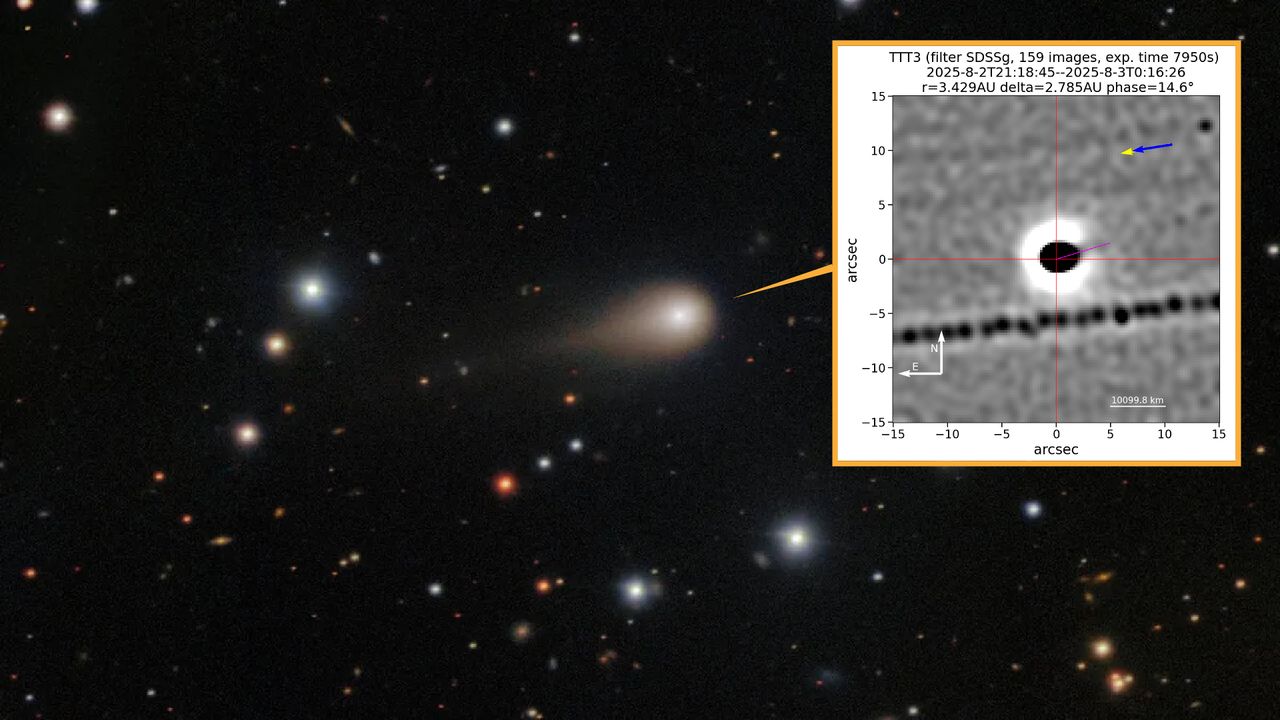New contact lenses let humans see in the dark — Even with eyes closed
PositiveScience

Scientists have developed groundbreaking contact lenses embedded with nanoparticles that let wearers see in complete darkness by converting infrared light into visible images. Unlike clunky night-vision goggles, these lenses are lightweight and could revolutionize fields like emergency rescues, military ops, and even medical diagnostics—all while your eyes are closed.
Editor’s Note: Imagine firefighters finding survivors in smoke-filled buildings or soldiers navigating pitch-black terrain without heavy gear. This isn’t sci-fi—it’s a real leap toward merging human vision with tech in a seamless, practical way. The implications are huge, especially for high-stakes jobs where every second counts. Plus, it’s just cool.
— Curated by the World Pulse Now AI Editorial System




